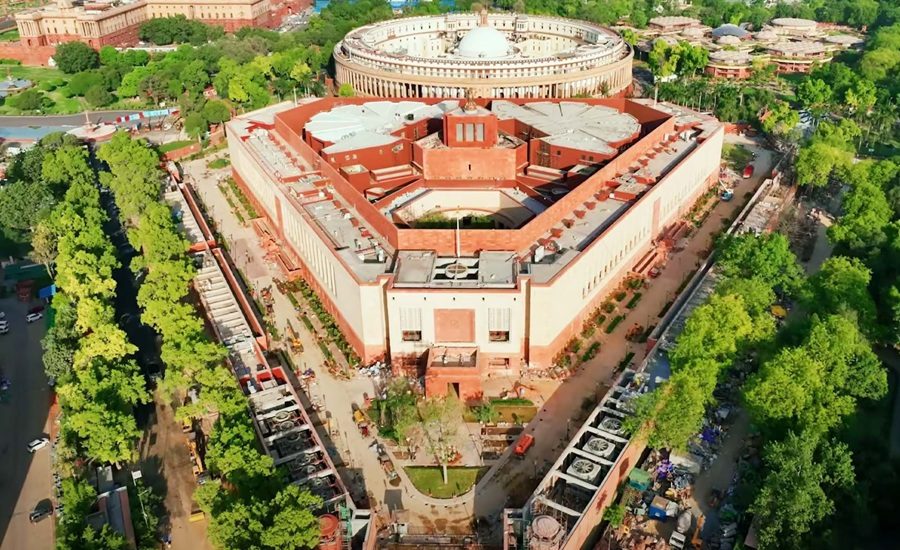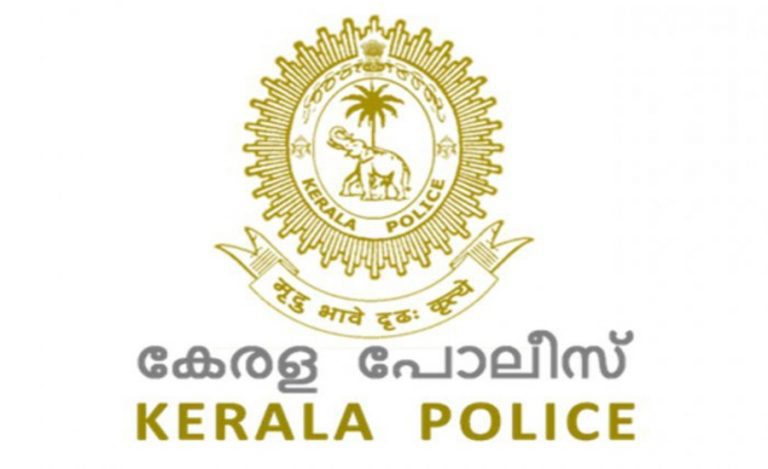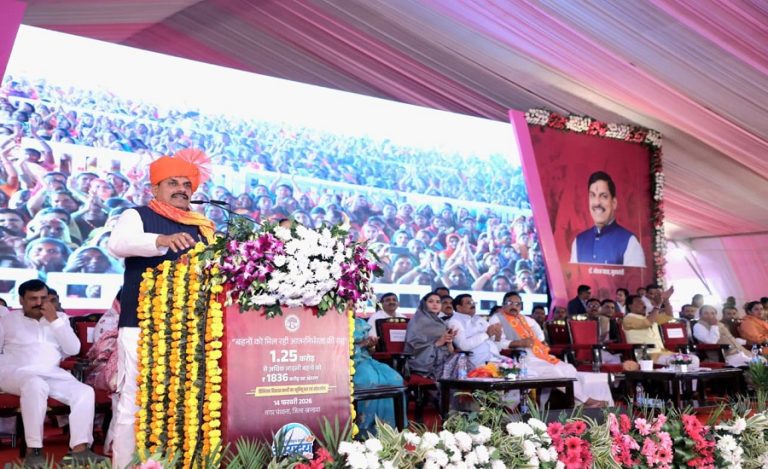New Delhi: The Lok Sabha on Monday passed the much-anticipated National Sports Governance Bill, 2025, along with the National Anti-Doping (Amendment) Bill, marking a transformative moment in India’s sports administration. The passage of these bills, described by Union Sports Minister Mansukh Mandaviya as the “single biggest reform in Indian sports since independence,” came amid loud protests from the opposition over electoral roll revisions in Bihar.
Despite a turbulent session and the absence of several opposition members—detained during a protest march to the Election Commission headquarters—the bills were cleared by a voice vote after brief debate.
A New Era for Indian Sports Governance
Introducing the bill, Mandaviya emphasized the historical significance of the reforms, stating that the legislation aims to build a “transparent, accountable and world-class sports ecosystem” ahead of India’s planned bid for the 2036 Olympic Games.
“It is unfortunate that such an important bill and reform does not have opposition’s participation,” he said as slogans filled the chamber.
The new bill introduces several institutional changes, most notably the creation of a National Sports Board (NSB) and a National Sports Tribunal.
Key Features of the National Sports Governance Bill, 2025
Establishment of a National Sports Board (NSB):
A central regulatory body to recognize, fund, and oversee National Sports Federations (NSFs). Federations failing to hold proper elections, misusing funds, or engaging in malpractice may face de-recognition.
Accountability & Funding Control:
Only NSFs recognized by the NSB will be eligible for central government funding. NSFs must publish audited annual accounts and maintain governance standards.
National Sports Tribunal:
A quasi-judicial body with civil court powers to resolve disputes between athletes and federations, including issues related to selection and elections. Tribunal rulings can only be challenged in the Supreme Court.
RTI Applicability:
All national sports bodies receiving government support will fall under the Right to Information (RTI) Act. The Board of Control for Cricket in India (BCCI), which has long resisted RTI coverage, has been partially exempted as it does not receive government funding.
Age Cap Relaxation:
While the National Sports Code had capped administrator age at 70, the bill allows officials aged up to 75 to contest elections if allowed under international federation rules.
Opposition Protests and Political Drama
The passage of the bill was marred by opposition walkouts and protests linked to electoral roll revisions in Bihar. Most opposition MPs were absent during the bill’s introduction as they were detained by police while marching to the Election Commission office. Though two opposition MPs participated in the bill’s consideration, the remaining members returned later and began raising slogans, leading to an early adjournment of the House.
Digvijaya Singh, chairman of the parliamentary committee on sports, had urged Speaker Om Birla to refer the bill to the standing committee, arguing that it needed broader deliberation. However, the government moved ahead, citing decades of delays.
Amended Anti-Doping Bill Passed to Meet WADA Guidelines
Alongside the sports governance legislation, the National Anti-Doping (Amendment) Bill, 2025 was also passed. The bill seeks to address objections raised by the World Anti-Doping Agency (WADA) concerning government interference in India’s anti-doping operations.
Key amendments include:
Removal of Government Oversight Powers:
The National Board for Anti-Doping in Sports, initially given the authority to direct and oversee NADA, will now have no supervisory or advisory role.
Preserving NADA’s Operational Independence:
The amended bill clearly states that NADA will function as an autonomous entity, aligning Indian law with global anti-doping standards.
This legislative change was crucial to avoid sanctions from WADA and to retain India’s status in global sporting events.
Minister Outlines the Journey of the Sports Bill
Mandaviya highlighted that the idea for a comprehensive sports governance law dates back to 1975, with the first draft emerging in 1985. Despite multiple attempts, including the 2011 National Sports Code, the bill had never reached Parliament—until now.
“The National Sports Governance Bill is a force of change,” Mandaviya asserted. “Despite being a large country, our Olympic performance hasn’t been satisfactory. This bill lays the foundation for future excellence.”




























